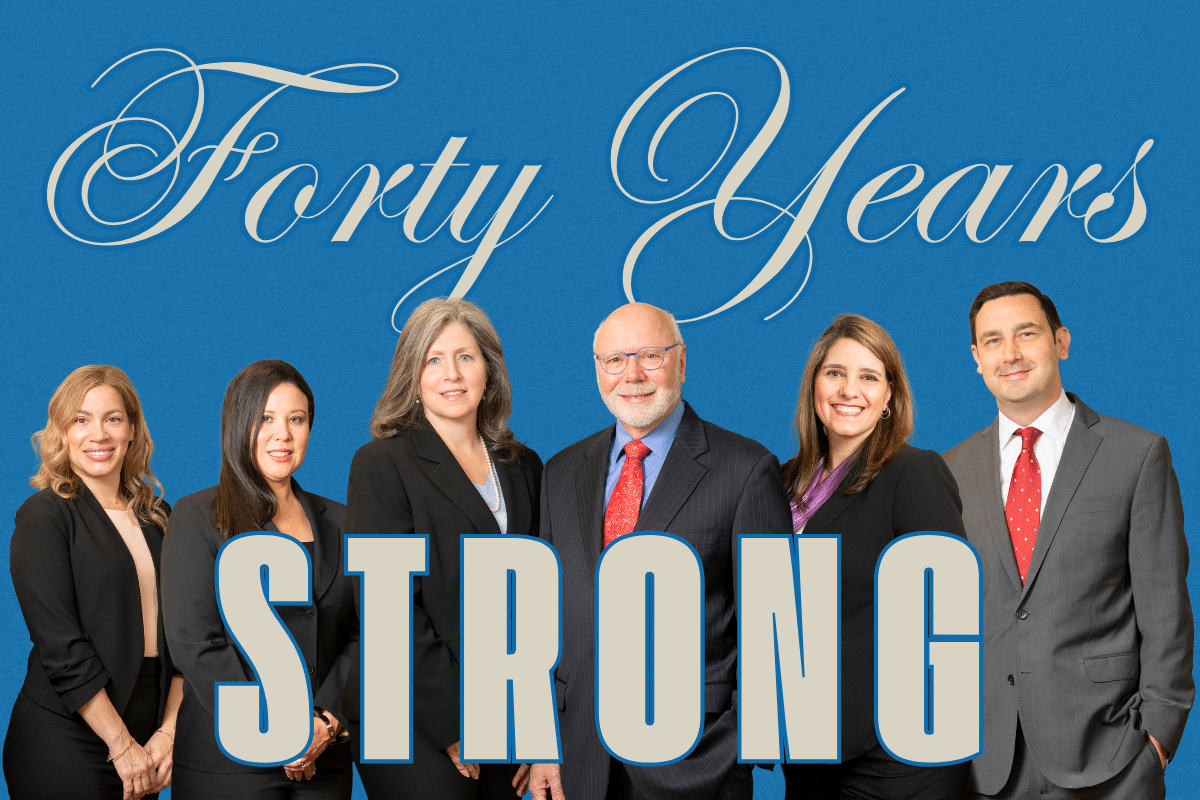Many of us put off planning for the future, thinking we have plenty of time…
As people get older and their health begins to decline, it is important they engage in long-term care planning to protect the assets they have spent their entire lives building. Most often, it is the children of those individuals who become responsible for obtaining the guidance for such planning. However, not all children are equipped to handle such a responsibility. Children can play a pivotal part in considering an appropriate action plan.
The Scenario
Let assume the following: an 80-year-old, widowed woman is experiencing some health issues and it appears she will soon require assistance with daily living. She has two children. One is married with a family, and she is successful. The other recently moved back home with her mother after several failed attempts at keeping a stable job.
Child one has taken the responsibility for managing mom’s care and recognizes mom’s need to apply for Medicaid and move into a nursing home. The family home is mom’s largest asset and is owned by her alone.
Things to Consider
Without advanced planning, the mom’s home will be subject to a lien by Medicaid for services received. While the best planning would take place at least 5 years in advance to needing such services, it is understood that not all circumstances are foreseeable. However, that does not mean there are no other vehicles for trying to salvage part of the asset. Approximately half of the value of the home could potentially be saved with proper planning, however, this would entail selling the home.
Other Considerations
Child two has expressed no intent to leave the home and insists on remaining there rent-free until forced to leave. How do you handle this situation? If a sibling or child is not cooperative, it could lead to many complications. In this situation, it becomes apparent what sort of impact children may have on their parents’ planning.
What is the Solution?
Remaining amicable is always best no matter the frustration you may experience. Ideally, a conversation should be had between child one and child two from the outset, letting her know that there may come a time where the house must be sold and attempt to get her on board. Perhaps a written agreement providing child one the discretion to establish when that time will be. It would also be advisable to have child one appointed power of attorney so that she has the authority to sell the house and conduct any other actions that may be necessary in connection with the sale of the home.
If child two still protests, it should next be pointed out that while she may be living rent-free currently, she is doing herself a disservice because there may be no value left in the asset if kept in their mother’s name. If mom stays in a nursing home for several years and the house remains in her name, Medicaid will foreclose on the house upon her death and most likely leave nothing left for the children to inherit. However, if they sell the house early on, there is an opportunity to save a good portion of the value if the planning is done correctly. Perhaps the incentive of the money will be enough to get child two’s cooperation.
If all else fails, unfortunately, you would have to resort to having child two evicted through court action. This has much more far-reaching consequences than merely trying to save a house. This could impact familial relationships for a lifetime and thus why it is always important to try and reach amicable decisions. Take the time to speak to one another and thoroughly investigate your options before making any decisions.
If you, or anyone you know, is in a situation like the above, please contact our firm to arrange a meeting with one of our experienced team members to help you work through your situation.




Comments (0)